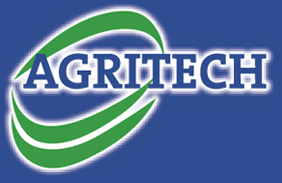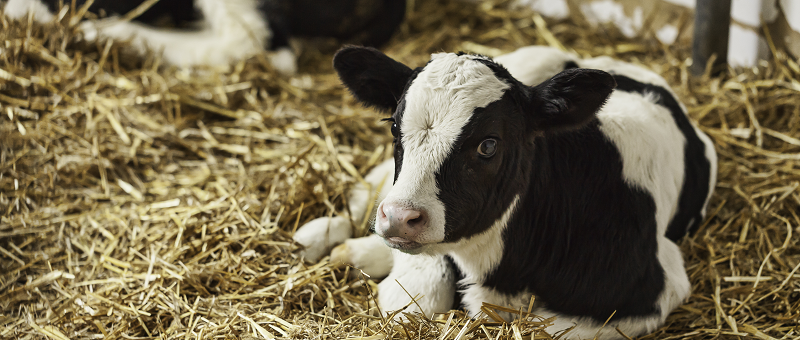The importance of colostrum and the 3-2-1 rule are well known, however conversations still arise about how best to avoid disease outbreak in the calf shed. As we face into another spring a ‘back to basics’ approach needs to be taken with colostrum protocols.
Hygiene
Cleanliness is a huge dictating factor as dirt contamination is known to have a negative effect on passive transfer. With this in mind, it is vital that all feed equipment is disinfected before colostrum is fed, and that good hygiene protocols are applied throughout the colostrum collection process. It is important to remember that a newborn calf will first pick up an infection through its naval or mouth. Therefore, the teats and underbelly of the cow along with contact with the bedding are a source of infection for a newborn calf. Prolonged time spent in the calving area/calving pens can often be a key factor in disease transfer in herds.
Storage
Excess colostrum can be stored in a fridge at 4°C, however it can only be refrigerated safely for 24-48 hours as bacteria can still grow. it is an all-too-common sight to see buckets of colostrum in the parlour/ dairy, where bacterial counts can double every twenty minutes. Pooling colostrum is also a topical debate on farm. A dam-to-calf system is obviously the ideal situation, however during a compact calving period, this can sometimes be difficult to achieve in every situation. It is very important to remember that colostrum quality can vary dramatically between cows, leading to increased disease risk and poor quality colostrum entering the pool. Where pooling occurs, colostrum must be Brix tested prior to pooling.
Quality
Factors that affect colostrum quality are short dry periods, high parity, high yielders (dilution effect) and poor nutrition in the dry period. Vaccination of the dam is also a key consideration to help avoid scour outbreaks, however, passive transfer from the vaccine only occurs from dam-calf via colostrum and transition milk, so all the above still applies.
For more information on colostrum management contact your local Agritech Sales Advisor.


